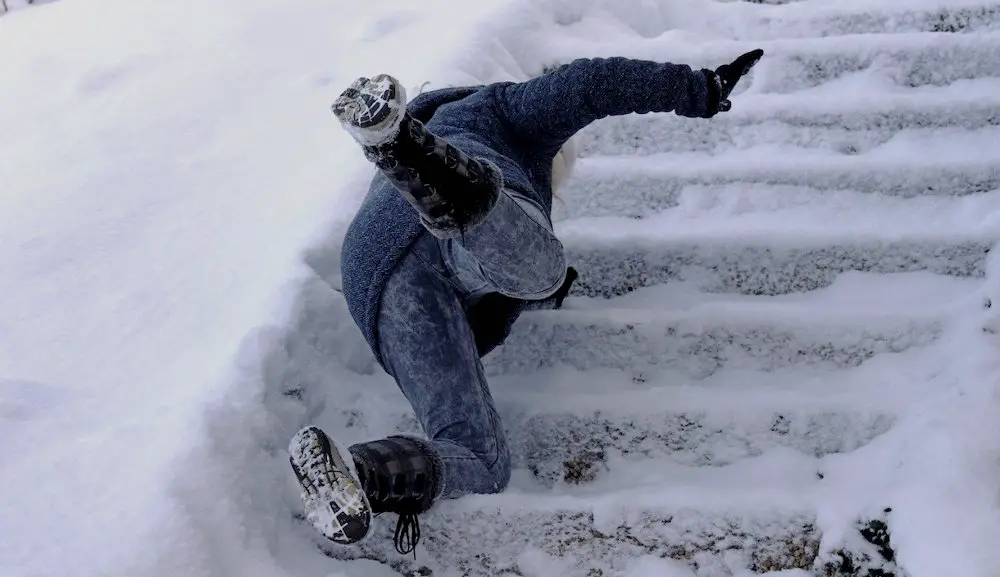
All standard home insurance plans offer protection to the policyholder for property loss and claims brought against them in the instance that any kind of accident occurs involving guests on their premises. If you find that you’ve been hurt or have experienced damage to your personal property while visiting with someone, it is up to that homeowner’s insurance to cover your expenses.
It is critical that the injury or accident be reported to the carrier immediately upon it happening as liability provision in a homeowner’s contract explicitly outlines strict requirements regarding notice being given ‘as soon as practicable’. Waiting too long could possibly result in the insurance company’s denial of the claim depending on the circumstances and the state where the accident or injury occurred.

Filing A Claim Against Someone’s Homeowners Insurance
As the person who has experienced the loss or the injury, you have the burden of proving that the homeowner is responsible so that a claim can be filed with their insurance carrier.
- Advise. The homeowner needs to be notified that you have been hurt and you need to be given the insurance provider’s information right away. You can briefly go over the details of how you were injured. In a lot of situations, it will be obvious that there has been an accident and explaining won’t be required, particularly if it happened in the homeowner’s presence. If there is serious harm, ask for 911 and allow the paramedics to transport you to the hospital, or seek a medical evaluation at the earliest moment possible. Waiting too long for medical care will give the insurance carrier an opportunity for a denial of your claim.
- Proof. Document with photos and video which is worth more than mere words when it comes to homeowner’s insurance claims, especially when the date and time have been stamped and you have proof of the cause of the injury. When you have visual documentation there is little room for the carrier or the homeowner to debate. Also, record any statements that the homeowner makes as to reasons that the accident may have occurred, saving all of your evidence to duplicate for the insurance company records.
- Speak. Anyone who may have witnessed the incident needs to come forward and talk with you about what they saw as they will be able to provide a strong case for the insurance carrier. It’s sometimes tough to find independent witnesses, generally having to rely on friends or family. The homeowner may be unwilling to provide a statement. Try to have the statements put into writing with signatures and dates by the witnesses asking that they be very detailed in their descriptions.
- Damages. Sans medical records, linking injuries to the homeowners neglect will prove difficult. It’s important to be consistent with the details of the injury from the time it happens with the homeowner all the way through to the time it’s being explained to the doctor who will document it in the medical records. These will be presented to the insurance carrier who will review for the claim.
Dealing With The Insurance Company
Immediately after your injury, call the homeowner’s insurance carrier and explain the details of what happened indicating that you intend to file a claim with them. The adjuster will typically already have the homeowner’s statement and be investigating their negligence. Be sure to send all of the documentation that you’ve collected along with receipts for out-of-pocket expenses and a letter confirming any lost wages.
As with many insurance carriers, the adjuster will be trained to look for whatever types of reasons there may be in order to deny your claim. As long as you’re prepared with your evidence in the proper order and copies for the adjuster to support your claim, you should come out on top. Be vigilante.


What do I do if the homeowner refuses to give me their insurance information?